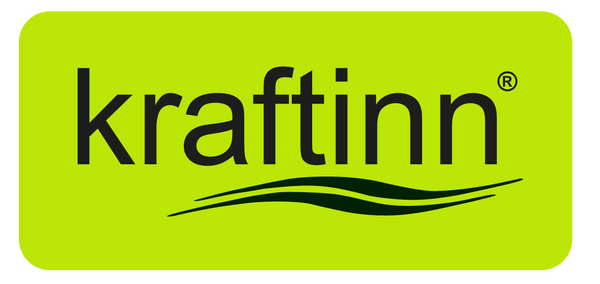Sustainability Factor of Bamboo - A Brief Analysis
Share
What Is Sustainability?
Sustainability focuses on meeting the needs of the present without compromising the ability of future generations to meet their needs. The concept of sustainability is composed of three pillars: economic, environmental, and social—also known informally as profits, planet, and people.
What are Sustainable Materials?
Sustainable materials are materials with a relatively positive impact on communities and environment that are used to build products, deliver services and develop environments. Ideally, sustainable products materials conform to each of the following characteristics.
Health
- It is grown without pesticides or chemical fertilisers
Responsibly Sourced
- It requires no irrigation
- It rarely needs replanting
- It grows rapidly and can be harvested in 3-5 years. Sustainable methods of harvesting can be easily applied by harvesting bamboo in a rotational manner with proper book-keeping.
Environmental Impact
- It produces 35% more oxygen that an equivalent stand of trees
- It sequesters carbon dioxide and is carbon neutral
- It is a critical element in the balance of oxygen and carbon dioxide in the atmosphere
- It is an excellent soil erosion inhibitor
- It grows in a wide range of environments
- It’s production into fibers has lower environmental impact than other forms of fiber, especially synthetic ones.
Economical
- Bamboo is strong that grows quickly. In fact, it is one of the fastest growing plants.
- Bamboo has a higher yield than trees and currently bamboo has a higher market value.
Efficient
- The way heat flows across bamboo walls makes it an excellent element for energy efficient homes.
Quality of Life
- Bamboo doesn't have an unpleasant smell, feel or smell that reduces the enjoyment of products.
- Bamboo products have a fine to medium texture. Well finished bamboo is pleasant to eyes and raises the quality of life.
Resilience
- Bamboo fiber has a great flexural strength.
Renewable
- Since the harvesting period of bamboo is generally 3-5 years, it can be easily replenished.
Emotionally Durable
- After a person acquires the taste of bamboo products, they tend to replace plastic products with aesthetically soothing bamboo products and resist the tendency to replace them. It is because they feel more involved with the products as an experience.
Criticism
- Natural bamboo forests aren't large enough to support global demand for materials such that making everything out of bamboo would have a large devastating impacts on land use and habitats for animals, diversity and soil quality, microbial activity, and all elements that need to thrive in order to have a functioning ecosystem.
